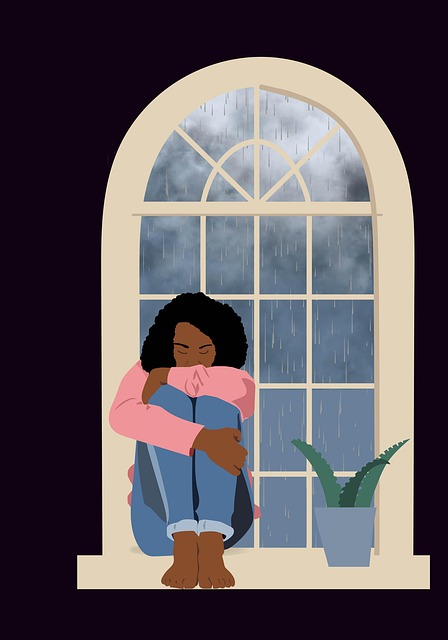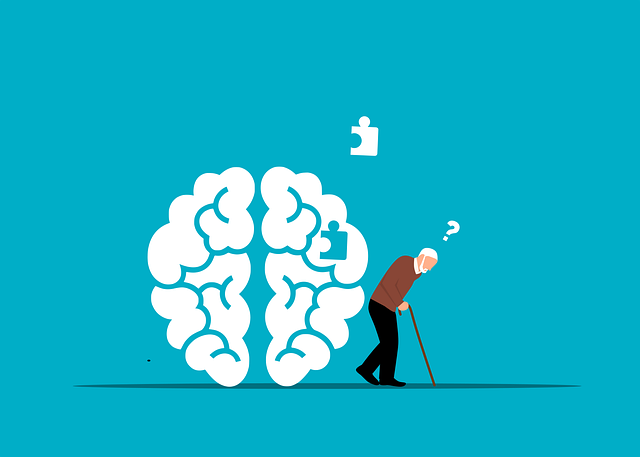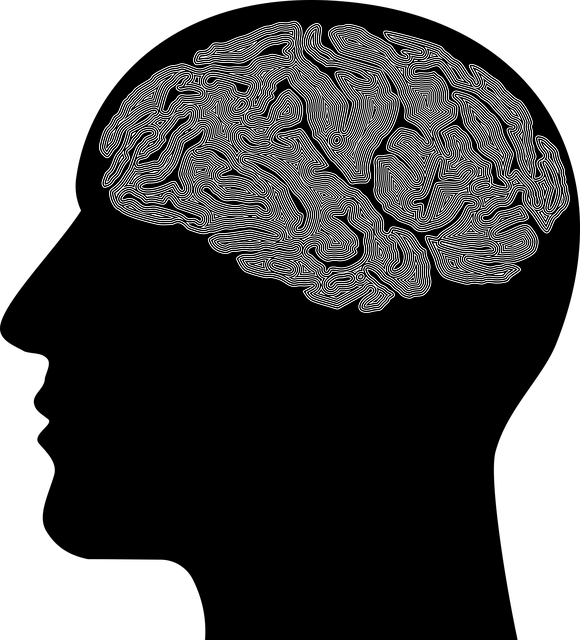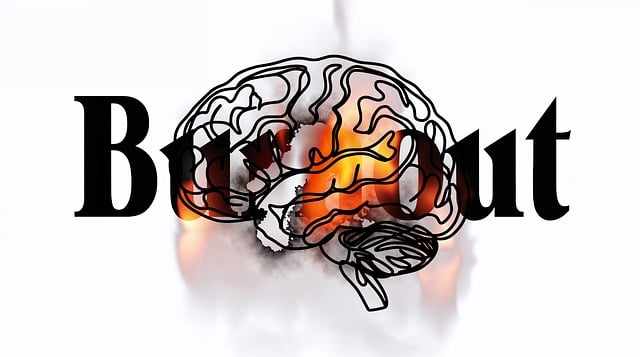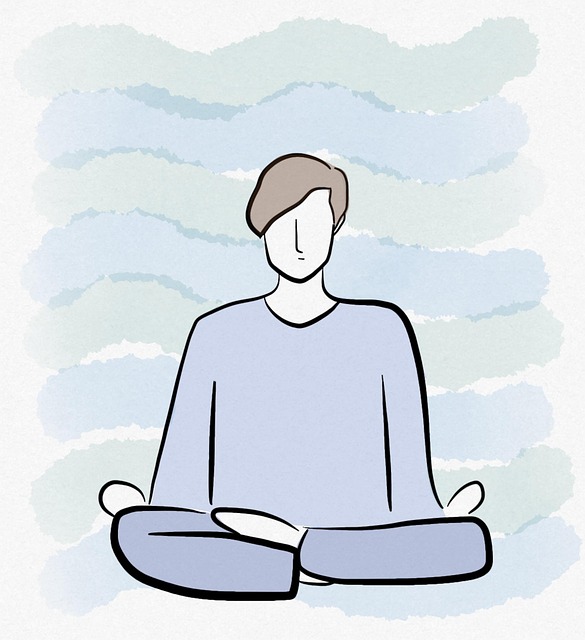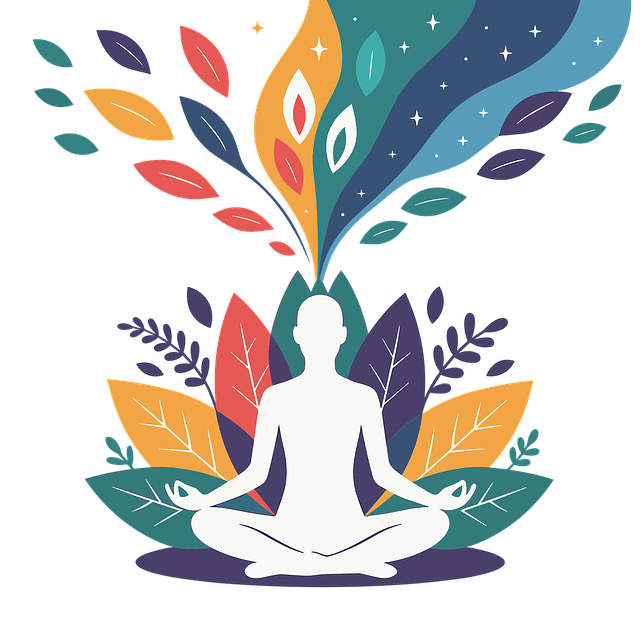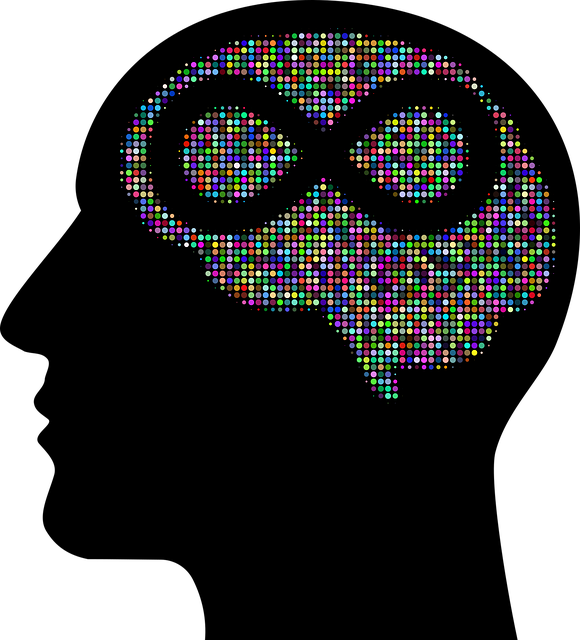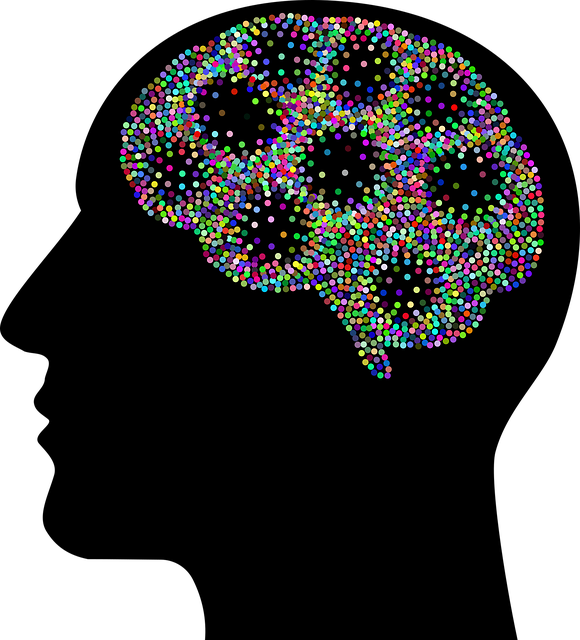In today's digital age, mental wellness apps are gaining popularity due to their accessibility and ability to break down geographical barriers to therapy. These apps offer personalized experiences, foster communities, and reduce stigma through interactive features like journaling prompts and guided meditations. For couples counseling specifically, these platforms provide a safe space for partners to explore emotions, understand perspectives, and develop healthier dynamics. Key features include live video conferencing, mood trackers, and secure data handling practices. Marketing strategies should emphasize unique therapy options, consistent interaction elements, public awareness campaigns, and user engagement through educational content to differentiate the app in a competitive market while improving mental wellness outcomes.
In today’s fast-paced world, mental wellness apps are becoming indispensable tools for managing stress and seeking therapy. With a growing demand for accessible and personalized support, developing effective mental health applications is more crucial than ever. This article explores the development of mental wellness apps, focusing on key aspects such as understanding user needs, designing evidence-based therapy for couples counseling, implementing essential features, addressing ethical considerations, and successful marketing strategies. By delving into these areas, we aim to provide insights for creating impactful and trusted mental health solutions.
- Understanding the Need for Mental Wellness Apps
- Designing Effective Therapy for Couples Counseling
- Key Features and Functionality to Include
- Ethical Considerations and User Privacy
- Marketing and Engagement Strategies for Success
Understanding the Need for Mental Wellness Apps

In today’s fast-paced world, mental wellness has emerged as a paramount concern, driving the demand for accessible and convenient solutions. Traditional therapy methods, often limited by time constraints and geographical barriers, have prompted the development of digital alternatives, particularly mental wellness apps. These applications cater to diverse needs, from individual therapy sessions to specialized programs tailored for couples counseling, addressing various aspects of mental health.
The necessity for such apps is further underscored by global efforts like Mental Health Policy Analysis and Advocacy, which highlight the importance of breaking down barriers to care. By offering personalized experiences, these digital tools not only facilitate access to mental health services but also foster communities where users can connect, share experiences, and support one another. Moreover, they contribute to initiatives aimed at reducing the stigma associated with mental illness through interactive features that promote self-awareness and education. Incorporating evidence-based practices such as Social Skills Training within these apps presents a promising avenue for enhancing overall well-being.
Designing Effective Therapy for Couples Counseling

Effective therapy for couples counseling should go beyond typical communication techniques. It’s about creating a supportive and safe space for partners to explore their emotions, understand each other’s perspectives, and develop healthier relationship dynamics. Incorporating elements of self-care practices, such as mindfulness exercises and stress management techniques, can empower individuals to build inner strength development, fostering resilience within the partnership.
Designers should consider interactive features that encourage active participation, like journaling prompts, guided meditations, or even virtual reality experiences to simulate real-life scenarios. By integrating these innovative tools, therapy for couples counseling becomes more engaging and accessible, promoting deeper emotional connections and long-lasting positive changes in relationships.
Key Features and Functionality to Include

When developing a mental wellness app focusing on therapy for couples counseling, it’s essential to incorporate key features that cater to both partners’ needs simultaneously. One such feature could be live video conferencing for virtual sessions, allowing easy access to professional counselors from the comfort of home. This enables couples to engage in therapy regardless of their location, fostering consistency in their mental wellness journey.
Additionally, integrating interactive tools like mood trackers and journal prompts can facilitate self-reflection and emotional well-being promotion techniques. These features empower users to monitor their progress, identify triggers for stress reduction methods, and gain insights into their partner’s perspectives. By combining these elements, the app becomes a comprehensive platform that not only supports couples counseling but also enhances overall mental wellness.
Ethical Considerations and User Privacy

As mental wellness apps gain popularity, it’s crucial to navigate the ethical landscape surrounding user privacy and data security. With sensitive information like therapy sessions, emotional healing processes, and personal struggles being shared, developers must ensure robust privacy measures are in place. This includes transparent data collection practices, secure storage, and clear consent mechanisms, allowing users to understand how their information is used.
The app’s role in facilitating couple counseling or individual therapy further complicates these considerations. Emotional intelligence and the ability to respect user boundaries are paramount. Developers must address potential ethical dilemmas, such as ensuring informed consent for data sharing, providing secure communication channels, and adhering to confidentiality standards. By prioritizing these aspects, mental wellness apps can foster a safe digital environment that encourages open emotional expression and promotes genuine mental wellness.
Marketing and Engagement Strategies for Success

Marketing and engagement are key strategies for any mental wellness app’s success. To stand out in a competitive market, apps must offer unique value propositions, such as specialized therapy options like couples counseling, catering to diverse user needs. Integrating features that encourage consistent user interaction is vital; this could include personalized content, progress tracking, and interactive tools like live chats or virtual group sessions.
Leveraging Public Awareness Campaigns Development can create a buzz around the app’s benefits, targeting specific demographics with tailored messaging. Social media platforms play a significant role in reaching a broader audience. Additionally, Risk Management Planning for Mental Health Professionals ensures that both users and providers are protected, fostering trust and encouraging open communication. Engaging users through educational content, success stories, or incentives can enhance app stickiness, ultimately improving mental wellness outcomes.
Mental wellness apps have emerged as powerful tools to support individuals and couples in navigating their emotional well-being. By addressing the growing demand for accessible therapy, these apps offer a modern approach to counseling. From intuitive design to ethical practices, each aspect plays a crucial role in creating a successful app. Incorporating features like secure messaging, interactive exercises, and personalized recommendations ensures a comprehensive therapy experience. Moreover, marketing strategies that focus on digital visibility and user engagement can drive adoption. Ultimately, developing mental wellness apps requires a balanced approach, combining innovative technology with ethical considerations to provide effective Therapy for Couples Counseling and individual support.

